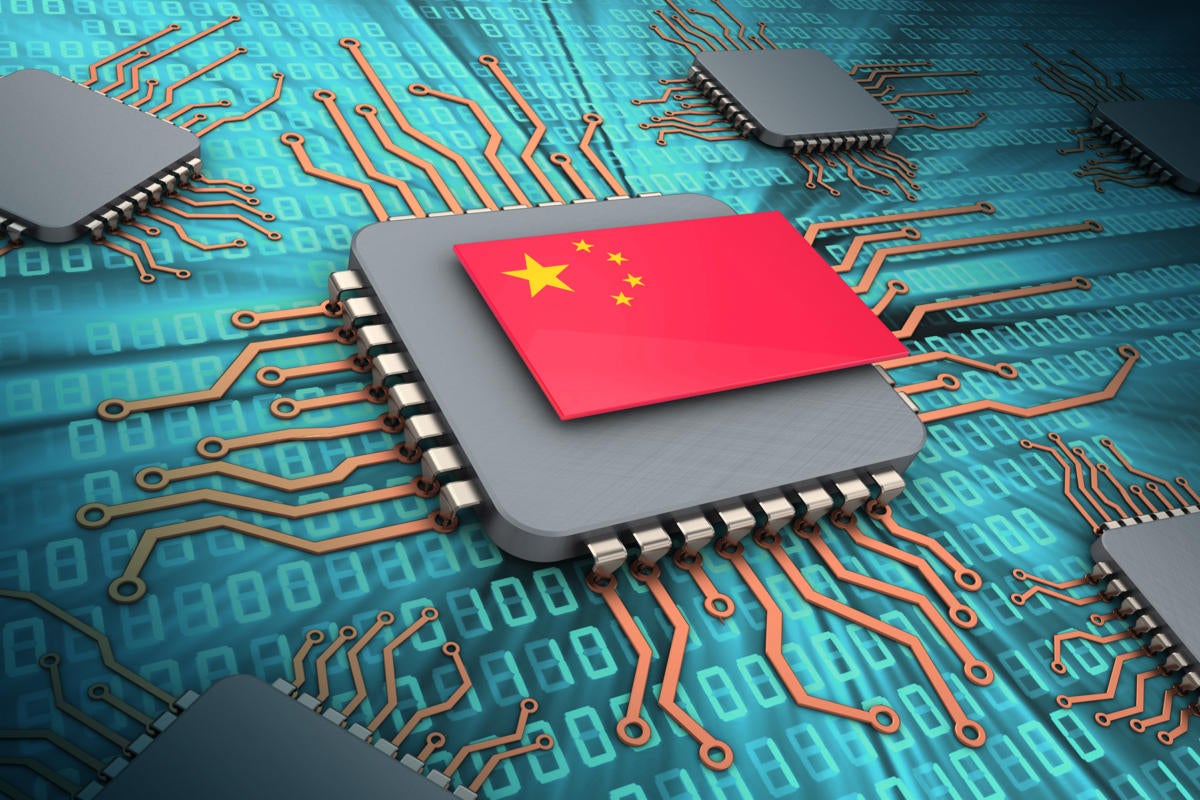- AI PCs: A paradigm shift in the modern workplace
- Master Docker and VS Code: Supercharge Your Dev Workflow | Docker
- Tariff war throws building of data centers into disarray
- Look, no patches! Why Chainguard OS might be the most secure Linux ever
- 3 ways to connect your phone with Windows now that this popular sync tool is getting the axe
After China’s Micron ban, US lawmakers urge sanctions on chips from CXMT

The US Commerce Department should put trade restrictions on Chinese memory chip maker Changxin Memory Technologies (CXMT), say lawmakers on the US House of Representative’s Committee on China.
The comments come in the wake of the Chinese government ban on the use of some Micron chips in certain sectors, citing concerns that the products pose a significant security risk to the country’s key information infrastructure supply chain.
However, these claims are “not based in fact” White House press secretary Karine Jean-Pierre told reporters, adding that the Department of Commerce was engaged directly with the PRC (People’s Republic of China) to detail the administration’s views on the ban.
“We are certainly troubled by the action and the recent raids on American firms,” she said, telling reporters that the moves were “inconsistent” with the PRC’s assertions that it is opening its markets and committed to a transparent regulatory framework.
Micron is a US memory chip giant that produces computer memory and computer data storage including dynamic random-access memory (DRAM), flash memory, and USB flash drives. Recently, the company has announced it would be investing $3.6 billion to bring extreme ultraviolet lithography (EUV) to Japan.
Micron has also pledged it would spend $20 billion to build what it called the largest-ever US semiconductor factory in Onondaga County, New York, and the company has also broken ground on a memory manufacturing fab near its headquarters in Boise, Idaho.
CXMT is China’s leading maker of DRAM memory chips and would be the Chinese company most likely to benefit from a ban on Micron products.
“The United States must make clear to the PRC that it will not tolerate economic coercion against its companies or its allies,” Republican Mike Gallagher, chairman of the Select Committee on the Chinese Communist Party, said in a statement.
“The Commerce Department should immediately add ChangXin Memory Technologies to the entity list and ensure no U.S. technology, regardless of specifications, goes to CXMT, Yangtze Memory Technologies Corp (YMTC), or other PRC firms operating in this industry,” Gallagher said, adding that the Department of Commerce should also ensure no US-export licenses granted to foreign semiconductor memory firms operating in the PRC are used to backfill Micron.
The ongoing US-China semiconductor trade war
This week’s action represents the latest dispute in the ongoing trade war that has seen the US presidential administrations of Joe Biden and Donald Trump ban the use of Chinese-made hardware in US networks and impose export controls to keep the latest computing technology out of China’s hands.
In October 2022, export controls were issued by Biden’s administration to block US companies from selling advanced semiconductors and equipment to certain Chinese manufacturers without special license.
Further restrictions were then rolled out in December of the same year to include 36 additional Chinese chip makers from accessing US chip technology to deny China access to advanced technology for military modernization and human rights abuses. Impacted companies included YMTC, the largest contract chip maker in the world.
As a result of these actions, countries and jurisdictions that have inadvertently been caught in the crossfire of these trade sanctions have pledged large sums of money to support domestic chip manufacturing.
In April, the European Council and the European Parliament reached an agreement on a deal to invest $3.6 billion in EU funds to build out the continent’s semiconductor manufacturing capabilities, with the aim of attracting a further $43.7 billion in private investment.
Copyright © 2023 IDG Communications, Inc.

